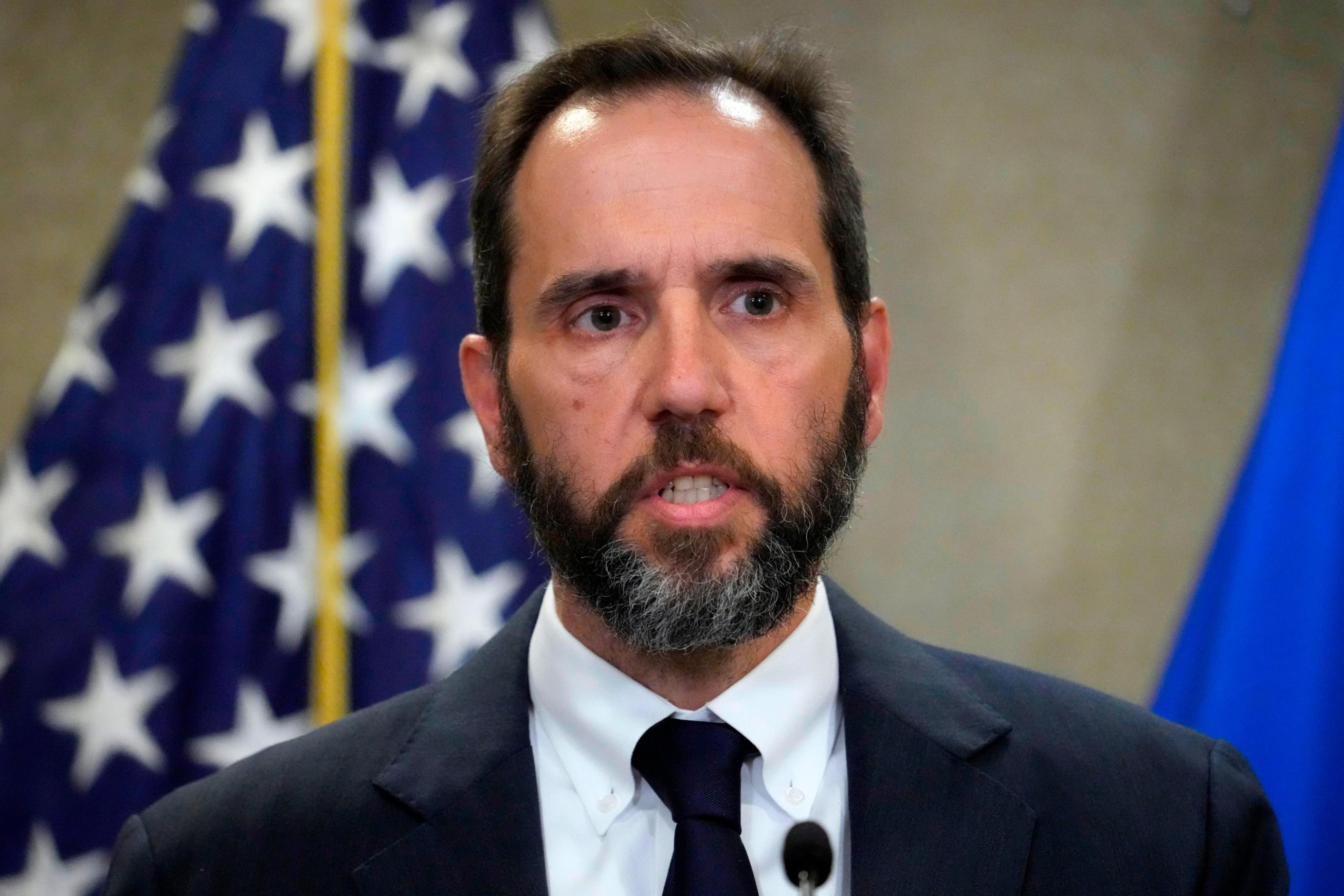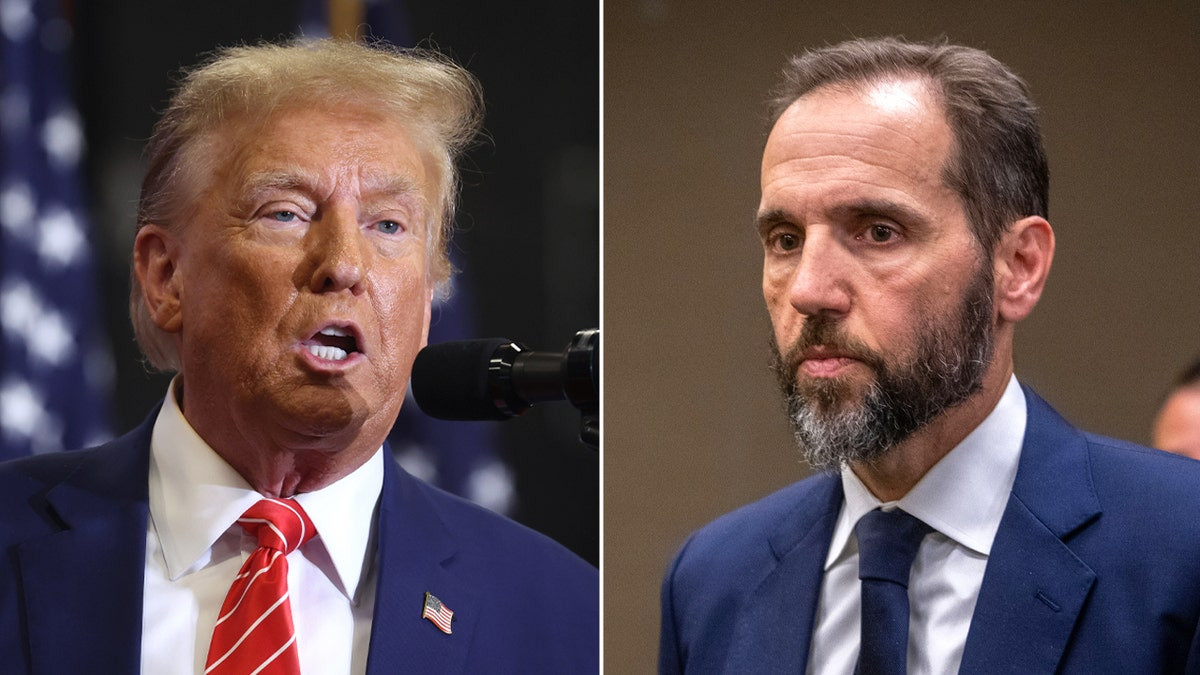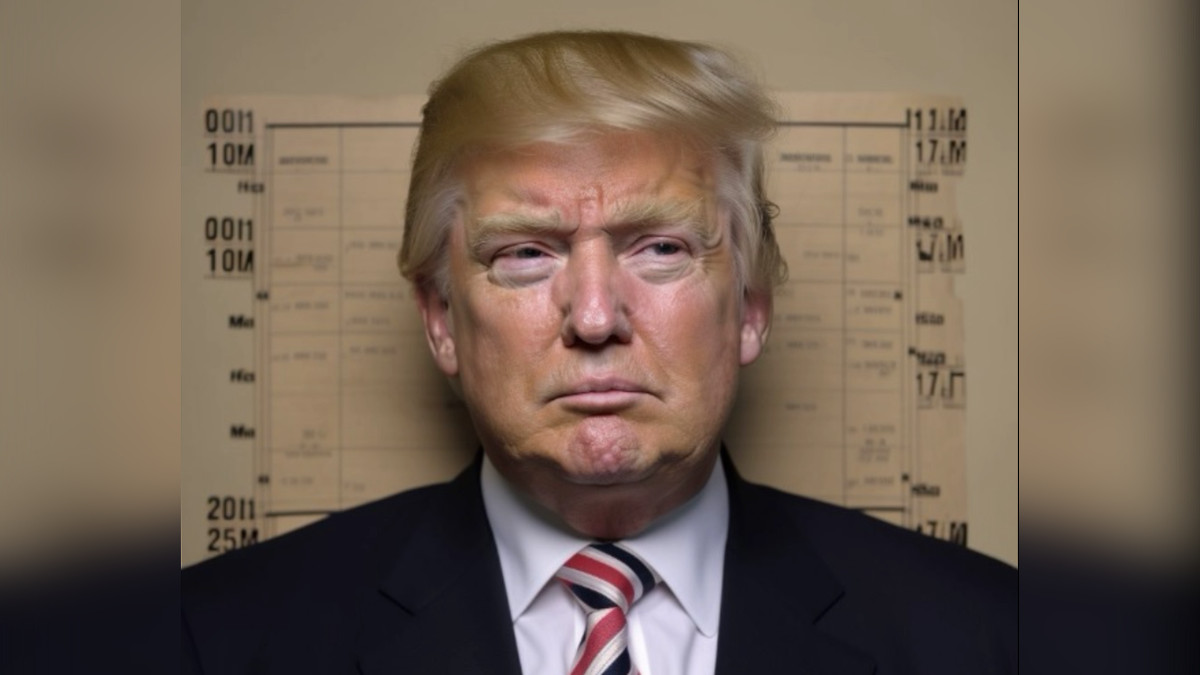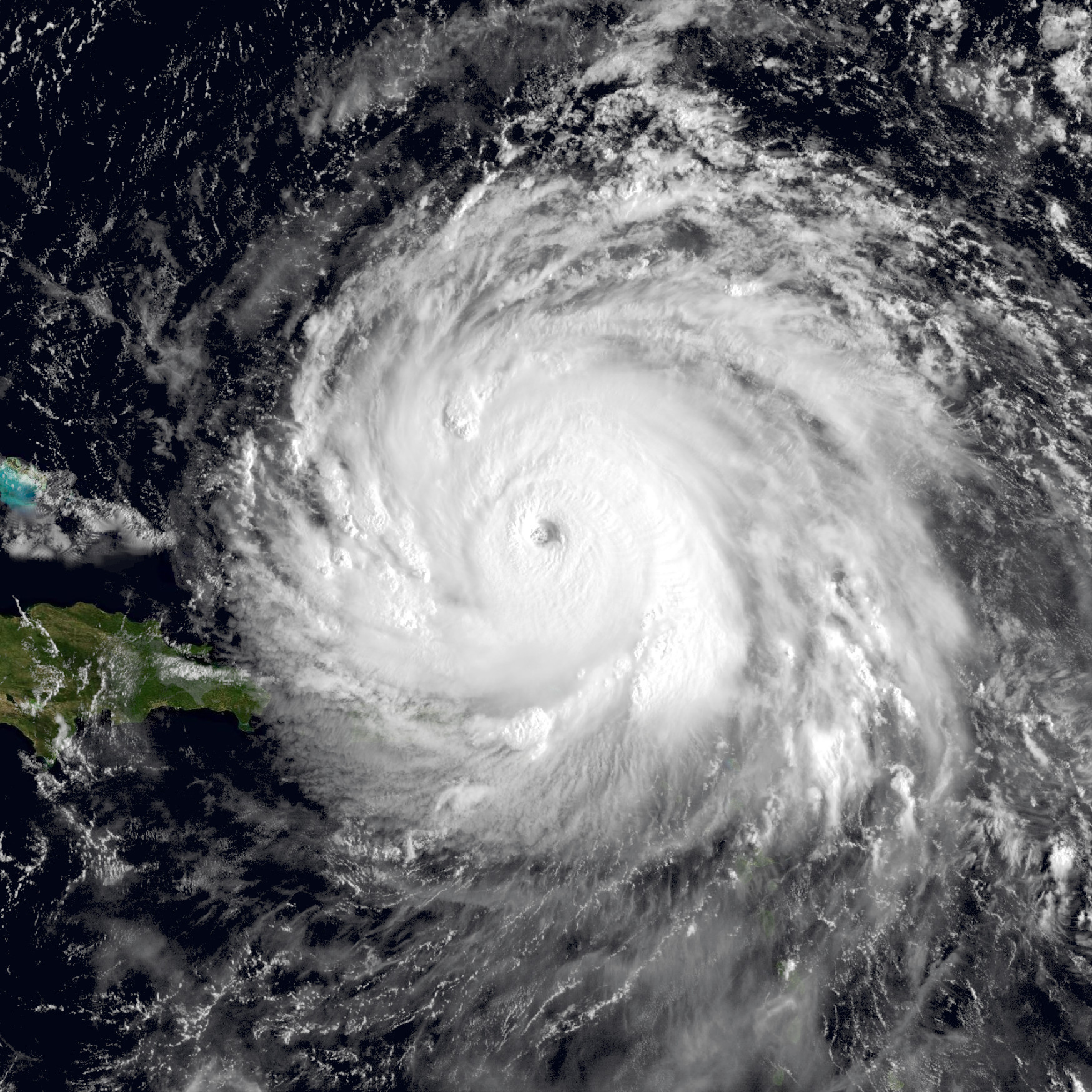Trump's Legal Victory: Jack Smith Drops Cases, But Will Justice Prevail?
Special Counsel Jack Smith's unexpected move to dismiss the January 6th election interference and classified documents cases against President-elect Donald Trump has sent shockwaves through the political and legal landscape. The decision, announced in separate filings with the District of Columbia trial court and the 11th Circuit Court of Appeals, has sparked intense debate and raised critical questions about accountability and the rule of law.
The Dismissal: A Strategic Move or a Setback for Justice?
Smith's filings cite the Department of Justice's Office of Legal Counsel (OLC) opinion that a sitting president cannot be indicted or criminally prosecuted. This legal constraint, Smith explains, necessitates the dismissal of the cases. The OLC reasoned that criminal charges would severely impede a president's ability to fulfill their constitutional duties, citing the distraction of a criminal defense, potential public stigma, and the significant obstacles that imprisonment would present. This argument reflects the unique complexities of prosecuting a sitting president, emphasizing the significant disruption such a legal process could impose on executive functions.
However, Smith's decision to dismiss the cases “without prejudice” is particularly noteworthy. This designation leaves the door open for future prosecution once Trump leaves office. This strategic move cleverly prevents Trump's incoming attorney general from permanently dismissing the cases, safeguarding the possibility of renewed legal action.
Moreover, the preemptive nature of Smith's actions prevented potential mischaracterizations of the reasons behind the dismissals by Trump's future Attorney General, allowing Smith to directly address the rationale behind his decision. This subtle, but significant action underpins the precision and strategical thinking behind Smith's decision.
The dismissal “without prejudice” also highlights another crucial aspect of Smith’s strategy: preserving the statute of limitations. This strategy allows for potential court action later on if the statute of limitations is “tolled,” meaning the clock is stopped when Trump leaves office and starts again later, extending the opportunity for future prosecutions.
Smith's Position on the Merits of the Cases
Smith's filings explicitly state that the government's stance on the merits of the charges against Trump remains unchanged. This emphasizes the belief that the evidence supporting accusations of election interference and unlawful retention of classified documents remains substantial. The strength of the cases underscores the gravity of Trump's alleged actions, even amidst the complexities of prosecuting a sitting president.
This aspect is further highlighted in the documents case, with appeals against Trump's co-defendants continuing irrespective of the dismissal of Trump's case. This move is further emphasized by Judge Aileen Cannon's ruling on the legality of the special counsel appointment, not the merits of the charges against Trump themselves. Ultimately, this means that Trump’s case remains separate from his co-defendants, underscoring the specificity of the OLC’s legal constraint.
The Broader Implications: Accountability and the Rule of Law
Smith's actions have ignited a heated national debate about accountability and the rule of law. Critics argue that the dismissals represent a defeat for justice, allowing a former president accused of serious crimes to escape prosecution. This perspective highlights the concern that allowing a president to evade accountability for alleged crimes sets a dangerous precedent, undermining the principle of equal application of the law to all citizens.
This concern is amplified by Trump's past statements about firing Smith, hinting at the possibility that the prosecutions may never have been permitted to proceed. Had the case not been dismissed by Smith, it’s likely that Trump’s potential removal of Smith would result in the case’s dismissal. Considering Smith's decision to dismiss the cases “without prejudice,” which allows for future prosecution, Smith's move might be considered a strategic maneuver to prevent a complete dismissal of the case.
Conversely, supporters of Smith's actions emphasize the constitutional constraints and the practical difficulties of prosecuting a sitting president. Their viewpoint highlights the potential disruption to government functions and the need to balance justice with the maintenance of stable governance. This perspective also includes the consideration of future legal action, should the legal landscape shift, making such a prosecution possible in the future.
The Future: Uncertainty and the Possibility of Renewed Legal Action
While the immediate implications are clear, the long-term consequences of Smith's actions remain uncertain. The possibility of future prosecution hinges on several factors, including the statute of limitations, potential tolling of that statute, and the political will of future administrations. This complex interaction of legal procedures and political considerations adds to the ongoing uncertainty surrounding Trump's legal future.
The question of whether a future attorney general, regardless of political affiliation, will choose to revive the cases remains highly debated. Yet Smith has effectively exhausted all current legal options. This action underscores the enduring uncertainty surrounding the future course of the legal proceedings against Trump, and highlights the potential legal implications of the statute of limitations and the concept of “tolling.”
The outcome of this legal saga will have far-reaching implications for the American political system and its citizens' faith in the rule of law. The dismissal of the cases marks only one chapter in an ongoing narrative of legal and political complexities, leaving much uncertainty surrounding the future. Whether justice will ultimately prevail remains to be seen.
A President's Accountability: A Nation's Reflection
The saga surrounding the dismissals serves as a stark reminder of the profound challenges in balancing the principles of accountability and the complexities of the American legal and political systems. The events underscore the difficulties in navigating constitutional limitations and political considerations, leading to widespread questions about the extent of a president's accountability. The nation's ongoing dialogue on these issues will undoubtedly shape future legal and political discourse for years to come.
This situation, undoubtedly, is unprecedented in American history. The actions and decisions made by Smith will undoubtedly be studied for decades, prompting serious reflection on the balance between the constitutionally protected powers of the executive branch and the pursuit of justice in the face of alleged criminal acts.


















